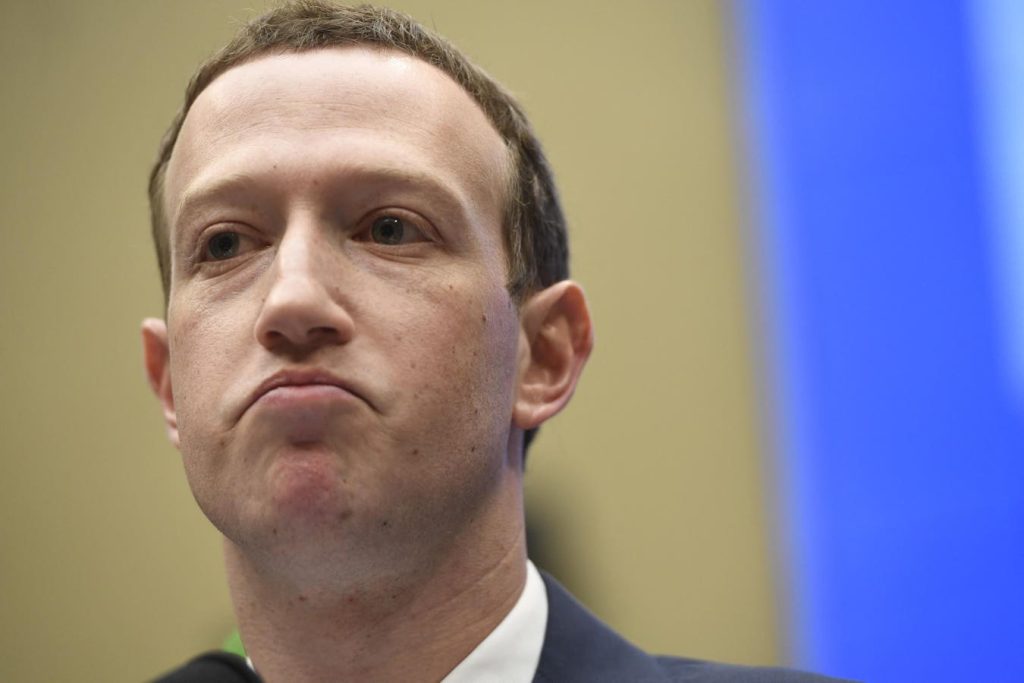As the 2024 presidential election approaches, Facebook, through its parent company Meta, is facing scrutiny for running hundreds of ads promoting false claims about the election being rigged or postponed. These ads, paid for by various pages, have cost the company over $1 million and have garnered significant attention in the past week, accumulating a bill of more than $350,000.
Some of the ads feature disturbing imagery, such as Vice President Kamala Harris with devil horns and an American flag burning behind her, as well as other images suggesting apocalyptic scenarios and linking candidates to conspiracy theories. Meta’s election rules prohibit misinformation about voting dates and candidate eligibility, as well as ads that call into question the legitimacy of an election.
Many of the ads direct viewers to purchase writings by Jim Rickards, a conspiracy theorist, or to a page falsely claiming that a ‘Uniparty’ controlled by Big Pharma will win the election. Meta spokesperson Ryan Daniels stated that the company is reviewing the ads and will remove any that violate their policies. However, Jim Rickards did not respond to a request for comment.
Facebook’s history with election misinformation dates back to the 2016 election, when Russia’s Internet Research Agency used ads and posts to influence voters. In 2020, Facebook and WhatsApp were used to spread conspiracy theories and organize the January 6 Capitol attack. Meta has since reduced political posts on its platform, potentially increasing the impact of paid political ads.
In 2020, Mark Zuckerberg and his wife donated over $400 million to nonpartisan election integrity groups, focusing on improving election infrastructure without endorsing candidates. However, in 2024, a publishing house co-founded by Donald Trump Jr. began selling a book by Trump alleging that Zuckerberg had plotted against him in 2020. Trump has criticized Zuckerberg, calling him an enemy and suggesting he could go to prison for illegal actions.
Zuckerberg’s actions in 2024 have raised questions, as he called Trump a “badass” after surviving an assassination attempt and reportedly told Trump he couldn’t vote for a Democrat. Meta did not confirm this conversation, but emphasized that Zuckerberg’s personal opinions do not reflect the company’s stance. Despite these controversies, Meta continues to face challenges with election misinformation and false advertising on its platforms.


